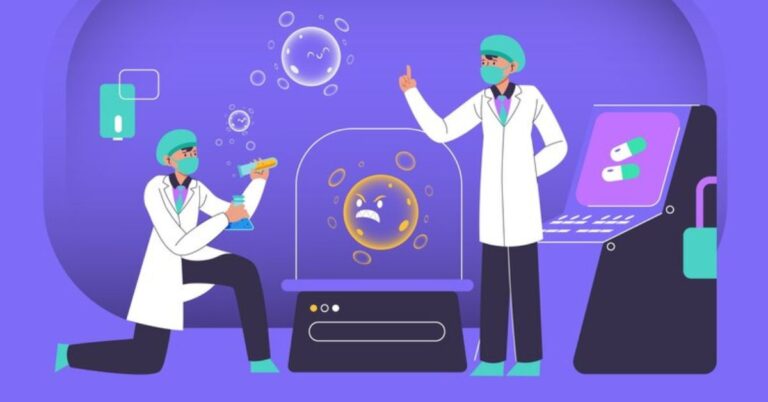Beyond Treatment: How Nonprofits Empower Cancer Survivors
The Journey Beyond Treatment: Cancer Survivorship and Community Support
Surviving cancer treatment can pose new challenges for patients. Coping with cancer survivorship is crucial for recovery and to thrive beyond mere survival. Nonprofit organizations provide practical resources and emotional support during this vulnerable period. They offer a holistic approach to post-treatment care through informational guidance, support groups, and creative arts therapy. Leaders like Bill Malloy III advocate for a comprehensive approach that addresses the diverse needs of survivors, recognizing the continuum of their journey and championing initiatives that foster enduring recovery.
Unlocking Resources for Healing: How Nonprofits Aid Recovery
Nonprofits dedicated to cancer recovery provide survivors with resources to help them heal their mind, body, and soul. These include nutritional counseling, physical activity programs, and psychological support frameworks such as therapy sessions, support groups, and mindfulness workshops. These resources are free of charge, ensuring every survivor has access to the tools they need to build a strong foundation for the future.
Beyond the Clinical: Nonprofits Fostering Hope and Resilience
Nonprofits provide a platform for cancer survivors to share their stories and connect with peers, fostering hope and resilience. These organizations offer a variety of experiences, including art therapy, communal gardens, and survivorship retreats, allowing survivors to build meaningful relationships and reclaim a sense of self that the illness may have shaken.
Integration into Daily Life: Nonprofits Promoting Healthy Lifestyles
Nonprofits educate cancer survivors on the importance of a healthy lifestyle to reduce the risk of cancer recurrence. They offer initiatives like cooking classes and exercise programs tailored to survivors’ specific needs. Often, they partner with local fitness centers, dietitians, and chefs to provide community-backed support. Nonprofits help cancer survivors thrive by facilitating a comprehensive wellness ecosystem.
The Power of Information: Nonprofits as Education Hubs
Knowledge is power, particularly in the world of health and recovery. Nonprofits act as crucial education hubs, disseminating prevention strategies, the latest research findings, and supporting resources through their programs. megan fox fapello Their role as knowledge centers empowers survivors to make informed decisions regarding their health and wellness.
These organizations often pull from trustworthy sources to provide up-to-date, evidence-based information. From organizing webinars featuring medical experts to compiling resource libraries for easy access, they ensure that survivors, along with their friends and family, have the knowledge they need to tackle the future confidently.
Building a Network of Support: Community Outreach by Nonprofits
A common refrain among cancer survivors is the feeling of isolation that can accompany the journey. Nonprofits strive to dissolve this barrier by extending a community of care through various outreach programs. By fostering a cohesive network of survivors, the hardships and triumphs of life post-cancer can be shared and celebrated in solidarity.
Activities facilitated by these organizations, such as , become lifelines connecting individuals. They are events that not only celebrate the act of survival but also acknowledge the ongoing challenges and provide a platform for shared growth and healing.
Nonprofits and Research: Driving Innovations for Survivorship Care
Nonprofits provide critical funding and advocate for survivorship studies in cancer care. Collaborating with research institutions, they explore innovative therapies, survivorship programs, and patient education, leading to groundbreaking initiatives that improve survivors’ quality of life.







